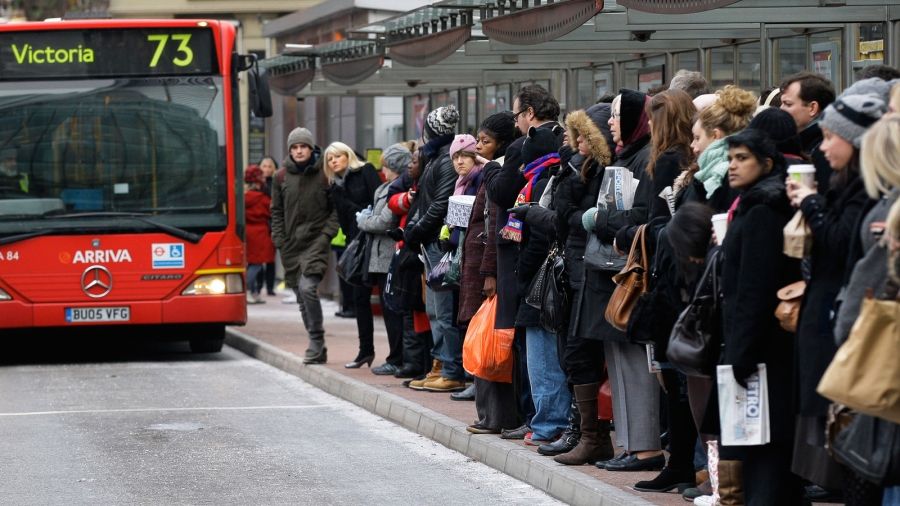Investors should brace themselves for rising taxes in the years ahead as governments seek to address the fiscal problems that accompany intergenerational inequality, Schroders has warned.
In its 2019 Sustainability Outlook, the UK fund firm said the aging of developed world populations and related costs of healthcare and state pension provision is becoming a headache for governments.
The company also noted the ongoing struggle for young people to become homeowners in some parts of the world, which may have a knock-on effect on domestic housing markets.
“One major challenge that we see looming is intergenerational inequality,” explained Jessica Ground, the company’s global head of Stewardship.
“Asset price inflation and low rates have created generation rent, so called because of the difficulties many young people face in becoming homeowners.”
Ground explains that younger generations have historically “largely abstained” from voting, which hasn’t encouraged policymakers to tackle issues affecting this demographic, but a reversal of this trend in recent elections has increased the pressure on governments to do more for younger people.
“Give the current state of many governments’ finances, providing solutions for younger voters will be a challenge,” she said.
“We can expect companies to have to shoulder more of the burden, which will likely mean higher pension contributions, more support of housing for younger workers, and greater training demands.”
Schroders’ sustainability boss said that corporations face increasing taxes across several areas related to environmental, social and governance-based issues, and highlighted the effect that carbon taxes were having on businesses in Europe.
“We continue to think that companies and consumers face rising taxes on many fronts,” she said.
“For example, carbon taxes continue to increase, although not at the rate we believe is effective enough to really combat climate change. It doesn’t feel as if the world is quite going to be ready for meat taxes in 2019, but given the benefits for health and the environment we wouldn’t rule it out over the medium term.”








